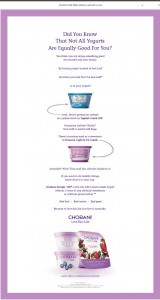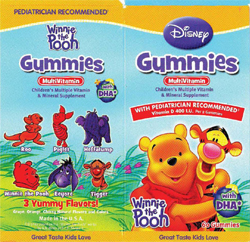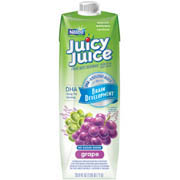FDA allows health claim on yogurts, sugary and not
The FDA Announces Qualified Health Claim for Yogurt and Reduced Risk of Type 2 Diabetes.
FDA intends to consider exercising its enforcement discretion for the following qualified health claims:
“Eating yogurt regularly, at least 2 cups (3 servings) per week, may reduce the risk of type 2 diabetes. FDA has concluded that there is limited information supporting this claim.”
“Eating yogurt regularly, at least 2 cups (3 servings) per week, may reduce the risk of type 2 diabetes according to limited scientific evidence.”
FDA intends to consider exercising enforcement discretion for the above qualified health claims for when all other factors for enforcement discretion identified in Section IV of this letter are met.
All I can do is laugh. As I told CNN,
Qualified Health Claims are ridiculous on their face.
Why would any sensible person think that all you have to do to prevent type 2 diabetes is eat 2 cups of yogurt a week?…All we can hope is that the yogurt is at least unsweetened, but since it’s really hard to find unsweetened yogurt [in small cups], this is telling people who want to avoid type 2 diabetes that sweetened yogurts are good for them…According to the FDA’s review of the studies, the amount of sugar in the yogurt made no difference to the results…Therefore, according to the FDA, sugar is a non-issue.”
The reason for my amusement? Limited evidence. Translation: if you want to believe this, go ahead, but it’s not on the basis of compelling evidence.
Take a look at the Danone petition. The company asked for—and got—the qualified claim on the basis of observational evidence along with consumption data indicating that Americans currently do not eat much yogurt.
Given this low consumption, such a QHC is important to encourage food companies to increase yogurt in the food supply and inform consumers of current evidence in order to help them make informed choices.
It’s not that the FDA is ignoring the sugar issue despite its allowing the claim no matter how much sugar the yogurt contains. In its letter of acceptance of Danone’s petition, the FDA said,
we are concerned that the use of a qualified health claim on yogurts that contain a significant amount of added sugars could contribute empty calories to the diet. The Dietary Guidelines for Americans, 2020-2025 recommend limiting added sugars to less than 10 percent of total calories and note that added sugars account on average for almost 270 calories, or more than 13 percent of total calories per day in the U.S. population.
…Consequently, while there is currently no disqualifying level for added sugars, given that Americans are exceeding recommended limits on added sugars, and some yogurts on the market are high in added sugars, FDA encourages careful consideration of whether to use the claim on products that could contribute significant amounts of added sugars to the diet.
Is this a warning to Danone to avoid using the claim on sugary yogurts? We shall have to wait and see.
In the meantime, Danone is delighted: Danone North America Announces the FDA’s Decision on Their Petition for the First-Ever Qualified Health Claim for Yogurt, Linking This Dairy Aisle Staple to a Reduced Risk of Type 2 Diabetes
In response to efforts led by Danone North America, the new claim states that “eating yogurt regularly, at least 2 cups (3 servings) per week” may reduce the risk of developing type 2 diabetes, a condition 1.4 million Americans are diagnosed with every year.
Qualified Health Claims are about selling food products, not science.




